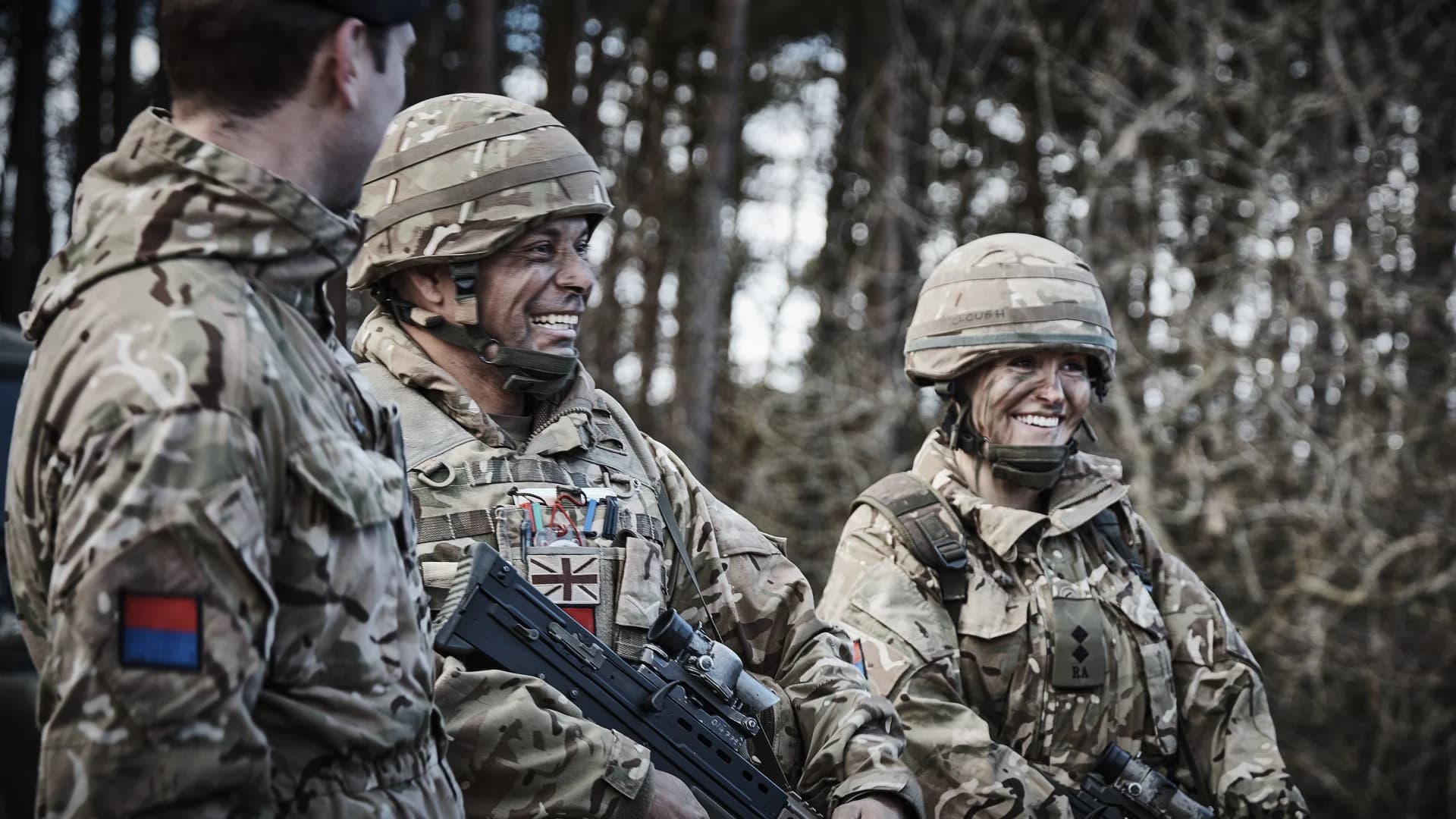
What are the pros and cons of working as a medical officer, compared to in the NHS?

Anonymous asked a question to Medical Roles
Category: Role Comparison
Date asked: Wednesday, June 3, 2020
Last reviewed: Monday, June 8, 2020

Tori C.
Regimental Medical Officer
Hello,
I am going to try very hard not to be too biased in my response! But I have worked for both the Army and the NHS so have a good idea of them both.
Cons of the Army
You can receive a 'directed posting' - you have to go and work somewhere you don't want to, doesn't happen often, but it can do. (Theoretically this is also true of the NHS though, but maybe not to the same extent).
You can be deployed with very little notice.
Some medical centres only see soldiers, so your patient population is more limited and therefore so is the range of medicine that you see.
You may have to move a lot - I know doctors who have moved 14 times in 15 years, but also know doctors who have moved only a couple of times in 15 years. (Some NHS doctors also move a lot though)
The commissioning course can be tough and it's not everyone's idea of fun.
Your options for specialty training are more limited than in the NHS, and locations you can do training may also be more limited.
You have to do 2-3 years of GDMO prior to specialty training, so theoretically could be 3 years behind your colleagues who start specialty training straight after FY2.
Pros of the Army
The pay is better.
Housing is subsidised and your moving costs are paid.
Commuting costs are subsidised.
Travel opportunities.
You are paid to do non-medical fun things, like adventure training and sports.
The 2-3 years as a GDMO are great fun.
Some of your fees, courses and exams are paid for you (if you pass).
The medicine can be more rewarding/less stressful - longer appointment times, better access to physio and mental health support, more input into occupational health and therefore more input into the patients' life/ability to make a difference. Proper coffee and lunch breaks. Hardly ever any home visits.
More exposure to occupational medicine and pre hospital emergency care.
Dental care is free! (Apparently one of our more popular pros)
The uniform is comfy and you don't have to decide what to wear in the mornings (ok, possibly a small pro, but one I appreciate!).
I could add a bit more to each list, but it mostly comes down to what is important to you as an individual. I'm a big fan of a good work/life balance, and I have found I am better off working for the military than I was for the NHS. Perhaps one of the biggest things was that in the NHS I felt like I was just another number to them, but in the Army I feel like a person and feel more valued. It won't suit everyone, and some people's pros will be some people's cons (especially in regards to travelling/moving around), but on the whole I really recommend it. Warned you I might be biased!
Let me know if you want any clarification on any of the above points or have any questions.
Wednesday, June 3, 2020
Anonymous
Thank you for the list!
I am currently holding an offer for medical school in September. The part that attracted me to medicine was the high pressure environment and variety ( I like the idea of Emergency medicine)
Is the high pressure job description seen in the army ?
Wednesday, June 3, 2020

Tori C.
Regimental Medical Officer
Congratulations on your offer.
Emergency medicine is an option in the Army, EM consultants will predominantly work in an NHS hospital while based in the UK so will do a similar job to their NHS colleagues. The difference being that they can of course deploy to provide emergency medicine on high risk deployments.
Army GPs will also work in an emergency environment when deployed as they provide pre-hospital emergency care.
Wednesday, June 3, 2020
Anonymous
Thank you!
Would you be able to expand on your own experience of deploying, as a doctor?
Friday, June 5, 2020

Tori C.
Regimental Medical Officer
As a GDMO I had 3 trips abroad as the medical officer, 2 exercises (Brunei and Oman) and 1 deployment. Each time it was to completely different environments.
Deployments as a GDMO vary, and you either go with a small group of soldiers (like I did) as the only doctor, or you go with a significantly larger group but you have a GP with you as well. I had 1-3 CMTs with me as well.
As the only doctor you are on call 24/7, but as it's a small patient population, and as they are mostly fit and healthy, you don't tend to get woken up very often! Most things I saw were either acute primary health care problems (rashes, bites, wound infections, allergies, D&V) and then the occasional more significant injury.
You treat what you can, and then you arrange for evacuation if required - this is sometimes to a local hospital, or could be back to the UK. It may be as straightforward as getting another soldier to drive them, or you might need to arrange air evacuation.
If you need advice then you have a GP supervisor on the phone, sometimes they are in the same country, other times they may be back in the UK.
I enjoyed it. How busy you are and the type of injury you see will vary hugely depending on the exercise/deployment.
GDMO time gives you an idea of what you could do as a GP, so when it comes to specialty training you'll have a good idea of what balance you want to strike in terms of work life balance and exposure to emergency medicine. Some of my colleagues really didn't like primary care and so have gone down the EM route, but others who initially wanted to do EM, found that military GP gave them enough variety to keep them happy.
Monday, June 8, 2020
This discussion is closed, so no new comments can be added.